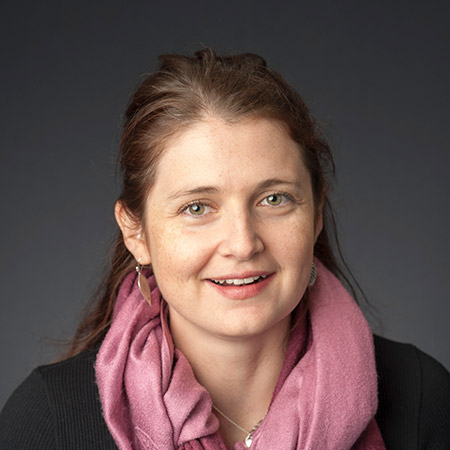

Blog

From ground zero
Friday October 30, 2020
There is no part of 2020 not marked forever by the emergence of COVID-19, the devastating impacts of which we have not yet come to truly appreciate. While our new surreal way of life looks to continue into 2021, we add to the ever-growing list of ‘what ifs’– holidays, time with family, exams…
The negotiation to replace our State Enterprise Bargaining Agreement (EBA) is another of those. So many things to change and improve, and yet we find ourselves negotiating a temporary contract with a government (rightly) pouring money into the COVID effort and supporting the Western Australian economy.
However, one of the most important lessons this experience should teach us all is the importance of having high-quality, responsive, well-resourced health systems coupled with a renewed commitment to the training, retention and wellbeing of our dedicated frontline health staff. Staff who are not so burnt out by constant workforce shortages and overwhelming workloads, they cannot function beyond the task immediately in front of them. Staff who are a part of the health system in which they work, beyond temporary contracts, and who remain invested in constant improvement and new ideas. Staff who are encouraged, not penalised, to train and develop skills and technologies available elsewhere, and bring these home to serve the people of Western Australia.
This of course, is rather difficult when we have no permanent frontline staff – just an ever-thinning line of doctors on temporary contracts, moving nomad-like through a system that works to strip you at every level of entitlement (which all other public sectors take for granted).
Further, for those making up this line who feel more and more like bowling pins facing the invariable prospect of a giant COVID-shaped ball bearing down on them, the lack of leave, training length contracts, and eventual opportunity of permanency are felt even more acutely.
Standing on the ground at Sir Charles Gairdner Hospital, looking around me and hearing accounts from colleagues across WA Health – of their exhaustion, their frustration and their sheer disappointment at being taken for granted yet again – I ask: Has there ever been a better time to fix something that will cost so little and yet gain so much?

